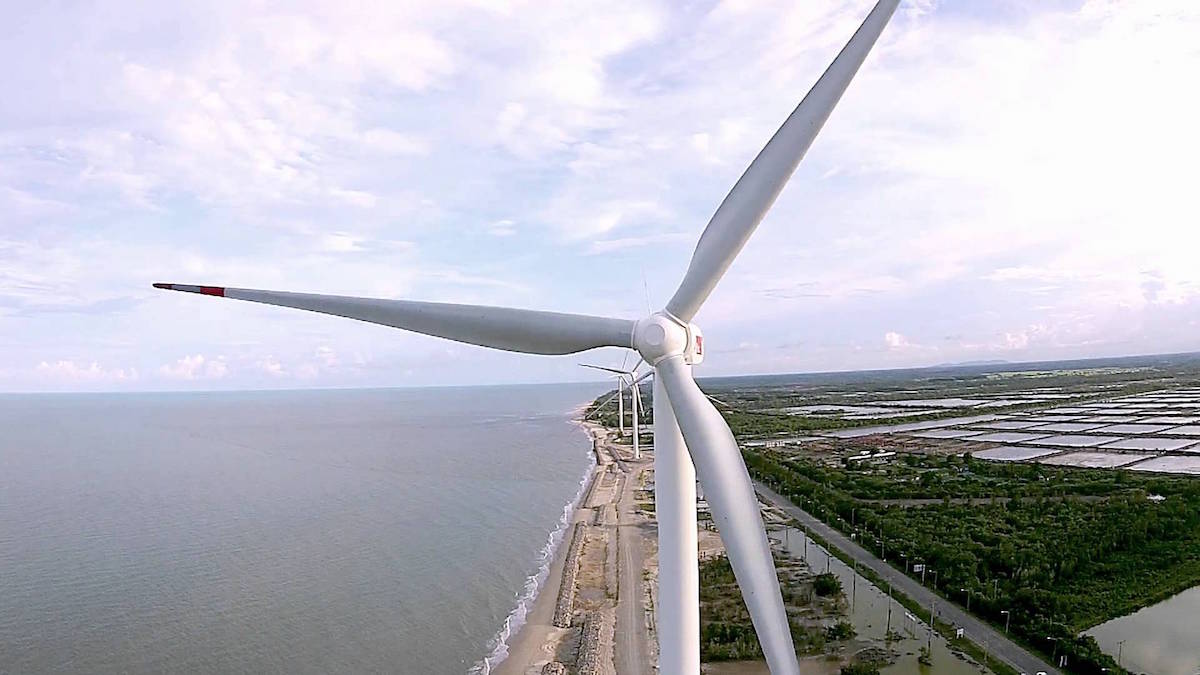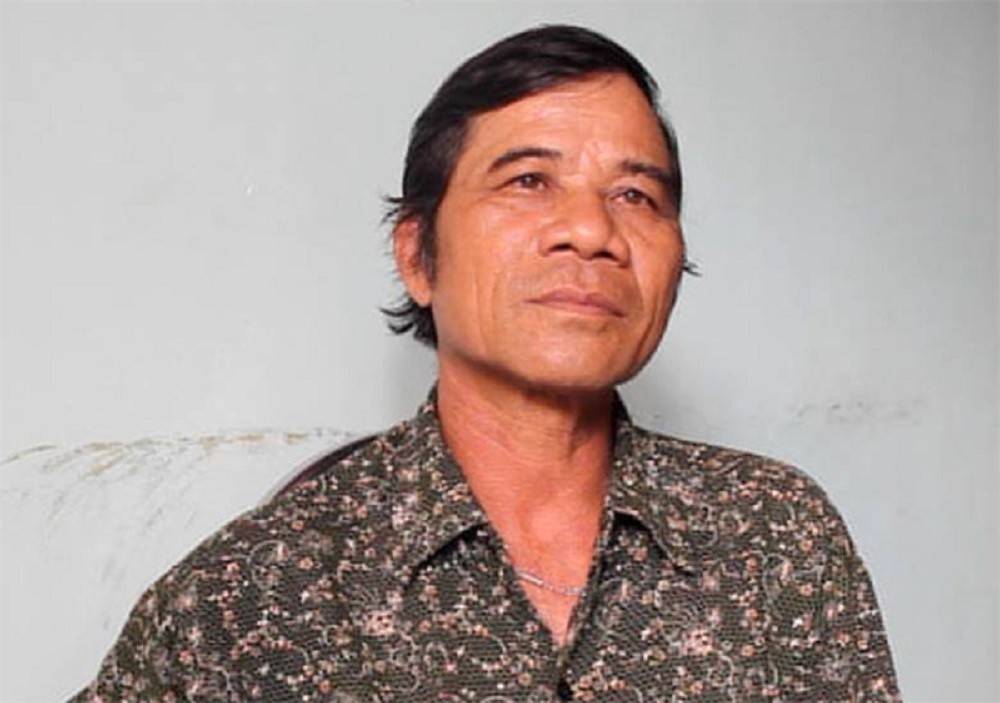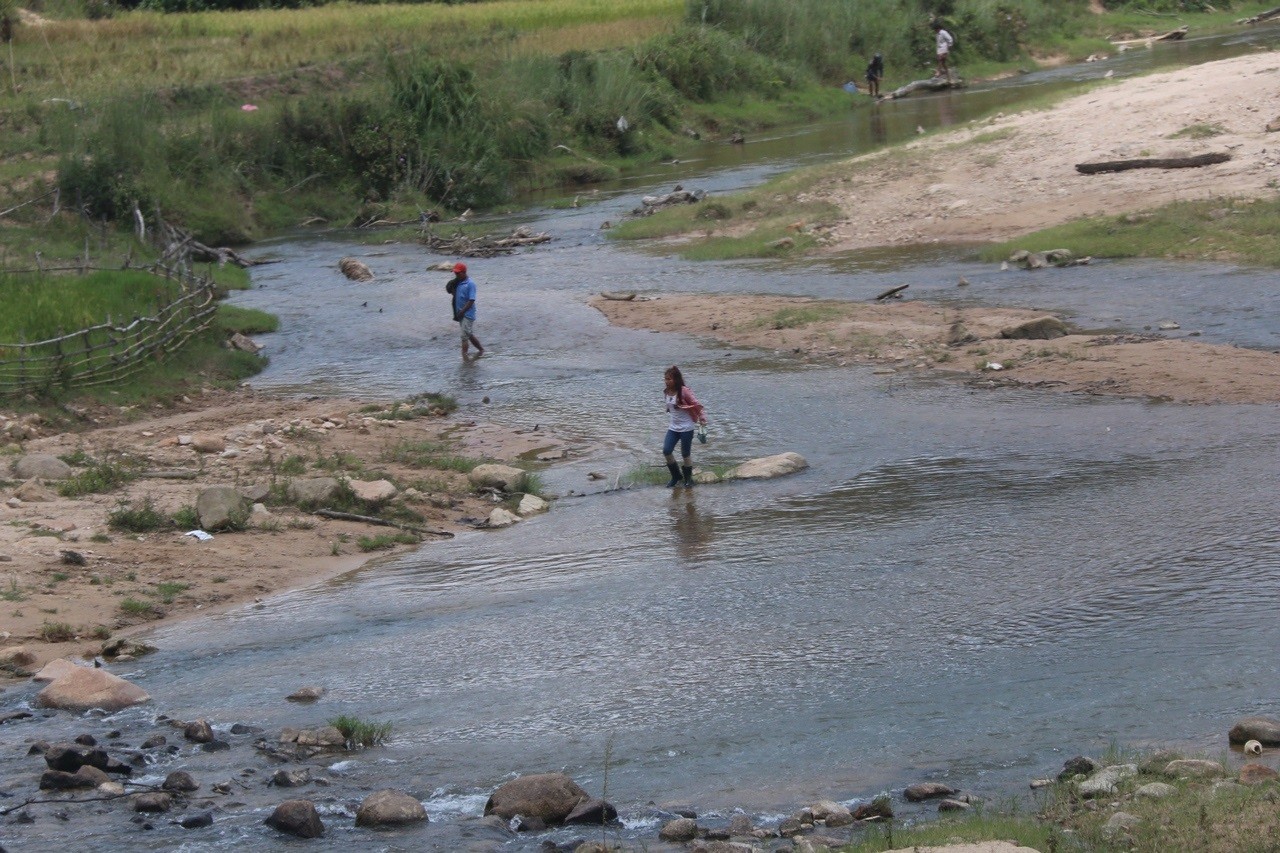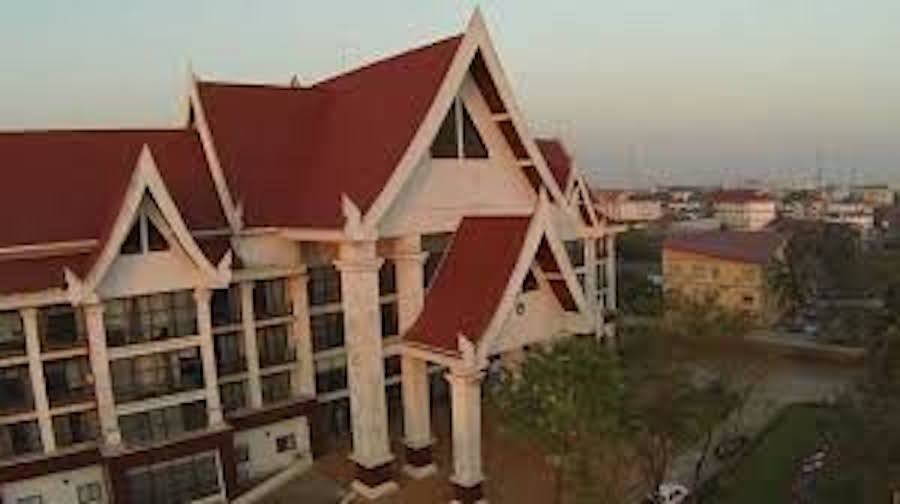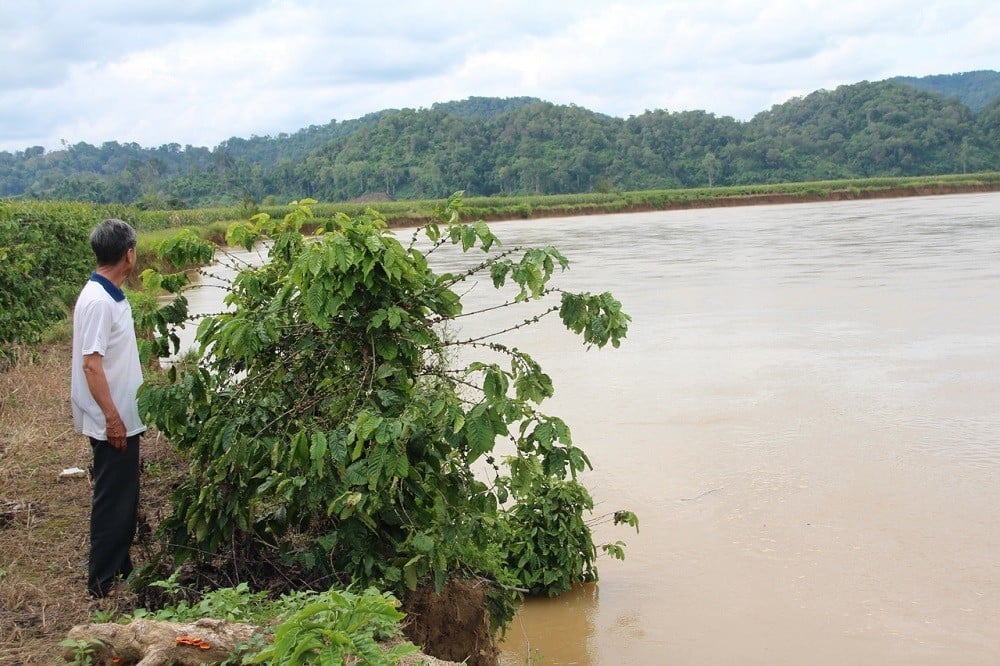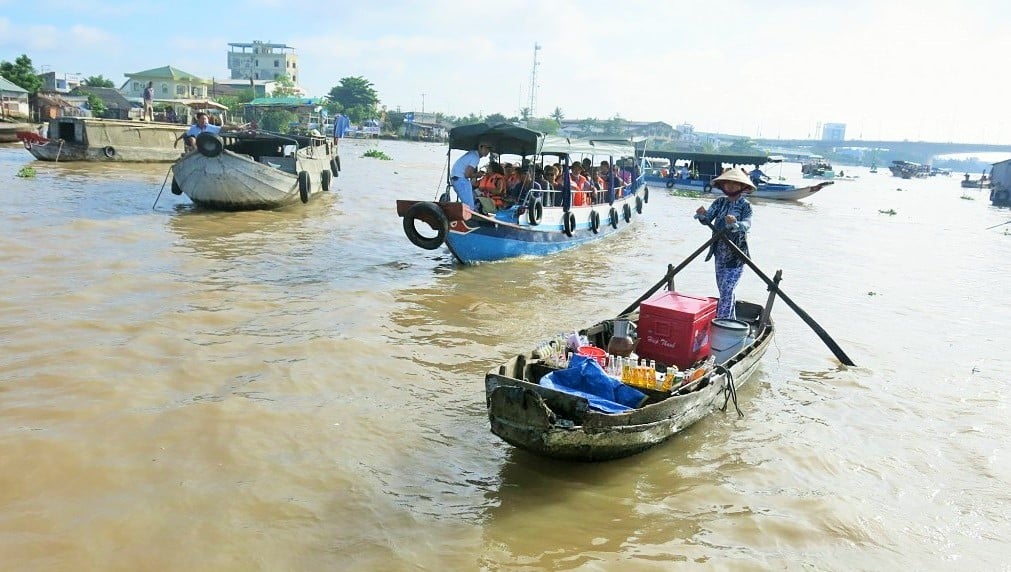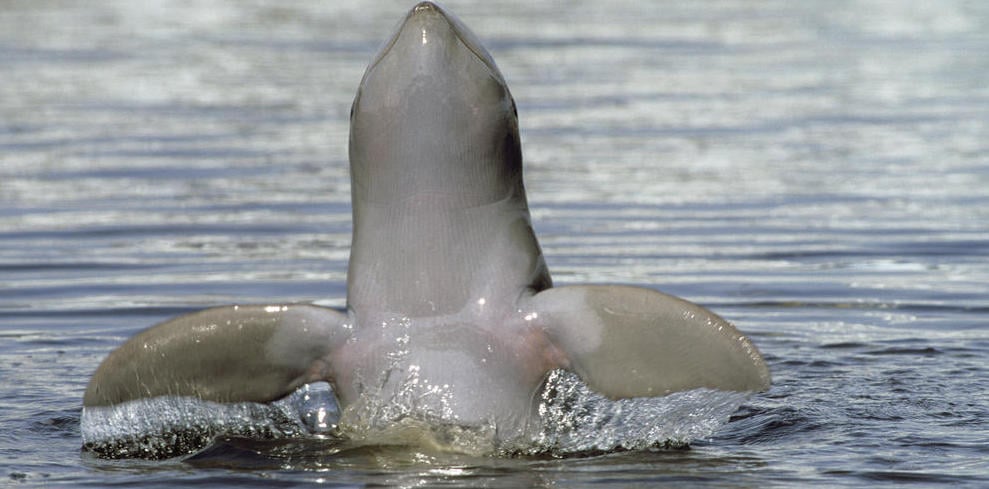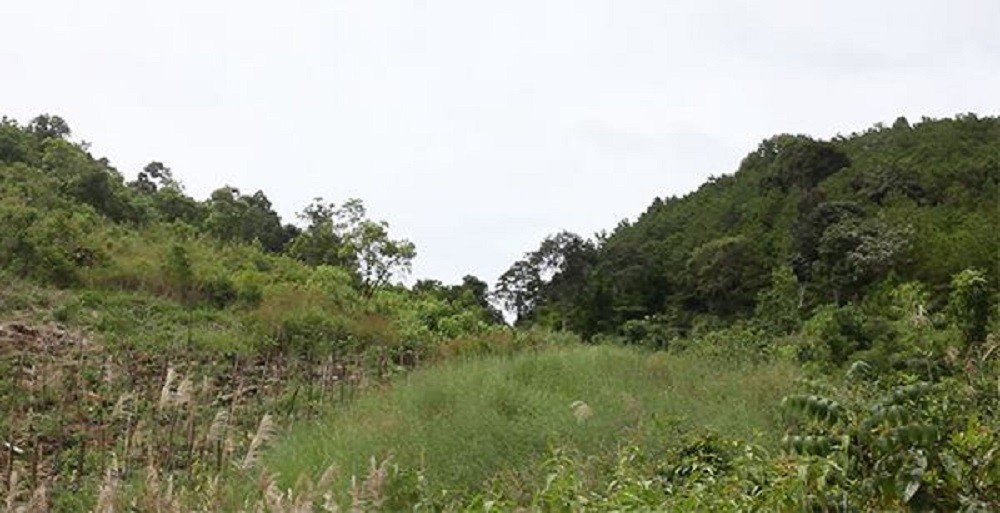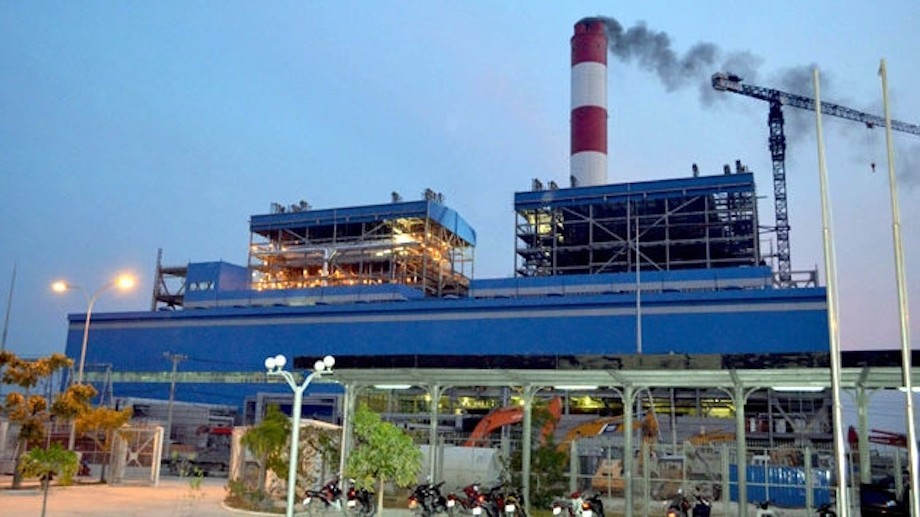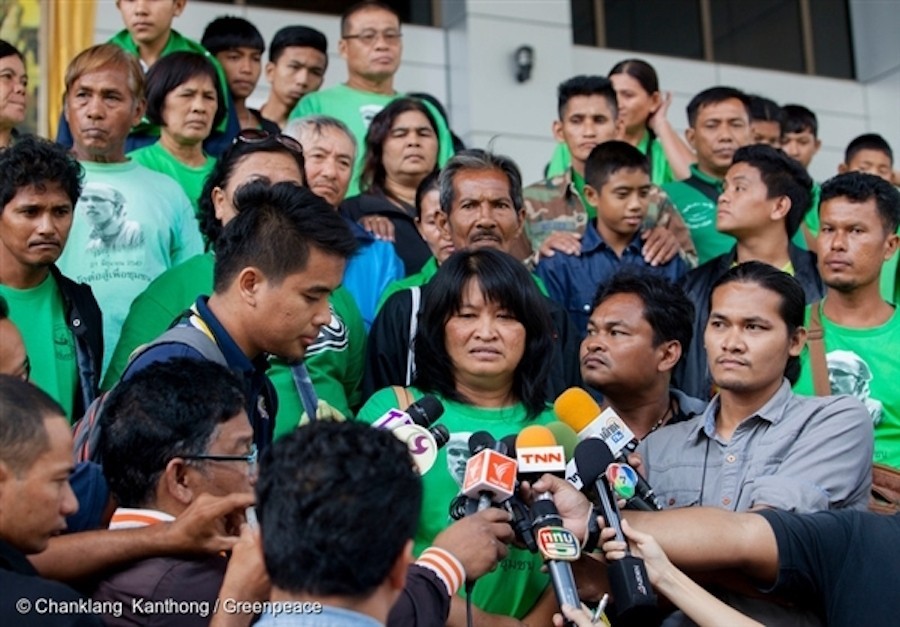Việt Nam is hoping to boost its renewable energy production, especially wind and solar energy, to more than 10.7 per cent of total generation by 2030, up from the previously planned 6 per cent.
It plans to increase the rate to at least 7 per cent by 2020, up from the previous target of 4.5 per cent.
The country now relies heavily on electricity from coal and hydropower.


